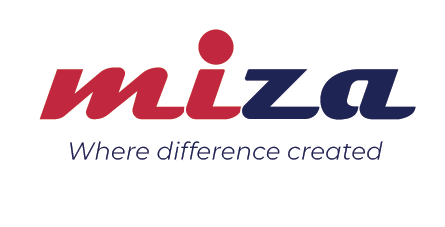World Bank Director: Vietnam is facing an unprecedented opportunity
Sharing with reporters before completing his working term, World Bank Country Director in Vietnam Ousmane Dione said that Vietnam's economy is facing an "unprecedented" opportunity.
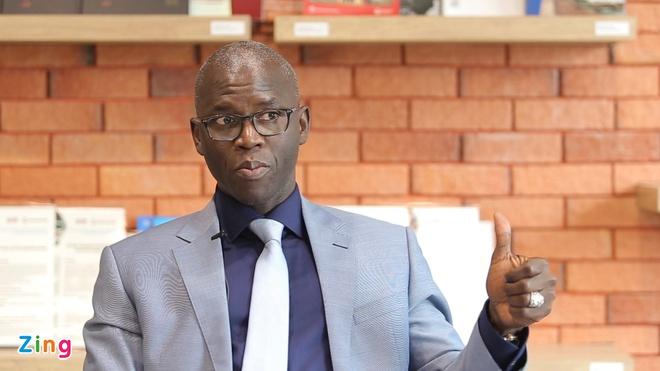
Ousmane Dione said that from next month, he will move to the World Bank's Country Director for Ethiopia, Sudan, South Sudan and Eritrea.
In his sharing when he was about to leave Vietnam, Mr. Dione praised Vietnam for becoming the world's bright spot in terms of fighting the Covid-19 epidemic. He said the closure of schools for months, the suspension of flights... are all "brave decisions" when they do not know how the epidemic develops. He highly appreciated the "collective responsibility" and "discipline" of Vietnamese people when fighting the epidemic.
World Bank Country Director in Vietnam Ousmane Dione during an exchange with Zing at the end of 2018. Photo: Quynh Trang.
He also discussed the World Bank's recent policy proposals on Vietnam's economic recovery after Covid-19. Accordingly, Vietnam has had impressive growth results, but when the advantages of the domestic and international environment have changed, Vietnam's development strategy needs to be quickly renewed.
"The renovation process that brought Vietnam here will not be 'Innovation' that can help Vietnam break the 'glass ceiling'. The challenge here is to go beyond the current limits," Dione told reporters. "I call it Innovation 4.0."
"I believe more than ever that destiny is completely in the hands of Vietnam. If there are the right changes, Vietnam can quickly become an upper-middle-income country in the next 5-10 years. Those changes are essential."
He said that first, Vietnam needs to look at the way the state apparatus implements and provides services in the direction of quality and sophistication, in many aspects, such as state management, plan, execute quickly and effectively, then report accurately and transparently, so that decisions can be made earlier.
"I believe Vietnam can do it, if you look back at the way we fight Covid-19, you have seen some of those factors," he said.
Secondly, Vietnam should focus on reducing the lack of cohesion between FDI enterprises and the domestic private sector, accompanied by innovation and application of digital technology.
"While Vietnam is looking for a strategy to attract more FDI... It is also important to find ways to strengthen the connection between the FDI sector and the domestic business sector," Mr. Dione explained. "Vietnam does not need to do this in every sector, but can be selective."
Third, in addition to strengthening the private sector, linking with the FDI sector as well as world standards, Mr. Dione advised Vietnam to be more active in "economic diplomacy".
"Vietnam is one of the 'only you' countries," he said. "Vietnam has not optimized that source of capital... so Vietnam has room to restructure the private sector and help them explore new emerging markets... paving the way for Vietnamese businesses to go to other countries, bringing technology and wealth to the country".
In addition, the World Bank director in Vietnam said he hopes Vietnam can both strengthen industrial development while protecting the green environment, improving air quality, etc overcome water pollution.
"I have been to 48 provinces in Vietnam, from Ha Giang to Ca Mau, many Vietnamese people do not realize how beautiful their country is - from rivers, mountains to the sea - there are many scenic spots, there are many to preserve for the next generation. But it's not easy."
Responding to Zing about the impact of the Vietnam-European Union Free Trade Agreement (EVFTA), Mr. Dione said this agreement is a "great" opportunity for Vietnam.
According to him, Vietnam continues to strengthen its position as an open economy, because with EVFTA, Vietnam will open up to 27 EU member states. EVFTA will promote Vietnam to raise its standards, more in line with international standards.
EVFTA will also help Vietnam diversify, previously the main export markets were the US, Japan, and China, now there will be more options for export destinations. Vietnamese consumers have more choices.
But he also said that Vietnam needs to do more to take advantage of free trade agreements in general and there are still many opportunities that have not been taken advantage of.
"(The agreements) are not well understood by Vietnam, sometimes at the national level, sometimes at the local level, and at the business level," he said. "Vietnam needs to do more so that the advantages of FTAs are known."
"For FTAs, it should not only take advantage of 100%, but it must be 105%, not 40-50%," he said.
According to Zing
Related News
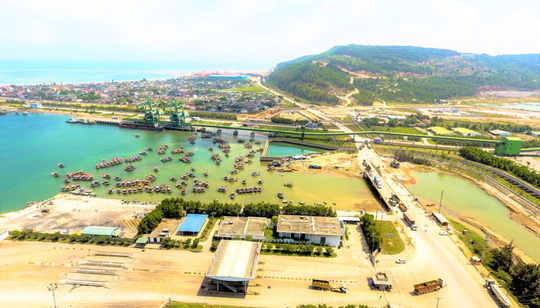
Foxconn pours $1.5 billion into Thanh Hoa to produce for Apple
14/2/2021
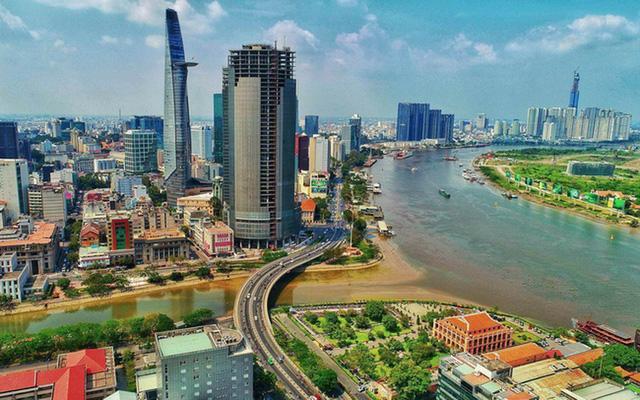
We have generated more than $1,200 billion in GDP
11/11/2020
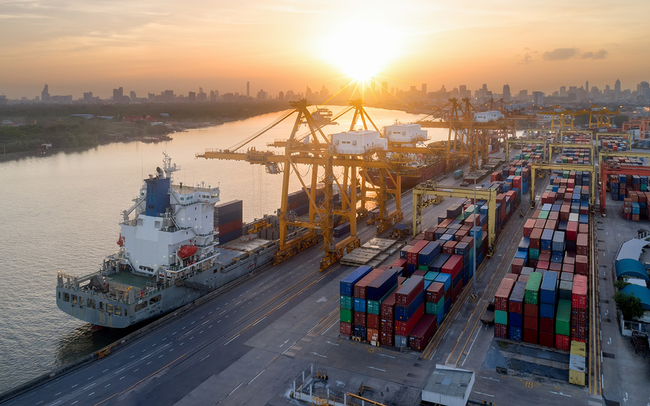
Vietnam's economic growth forecast for the 4th quarter of 2020 and 2021: Will recover in a V-shape, in 2021 it will increase by about 6.5 - 7%
21/10/2020
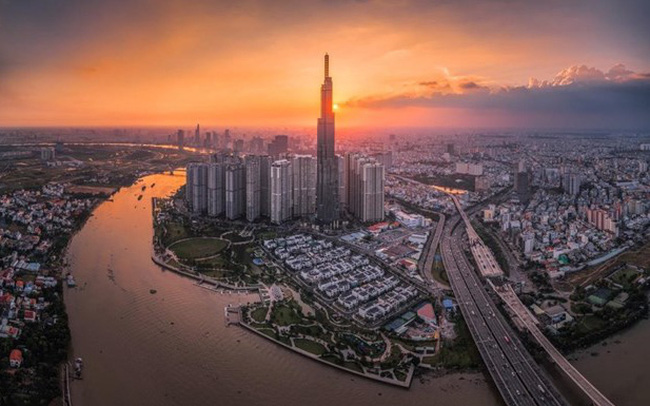
Standard Chartered: Vietnam's GDP growth forecast of 3% in 2020 and 7.8% in 2021
20/10/2020

Samsung's outstanding moves in Vietnam and other countries in the "year of Covid-19"
20/10/2020
Featured Articles
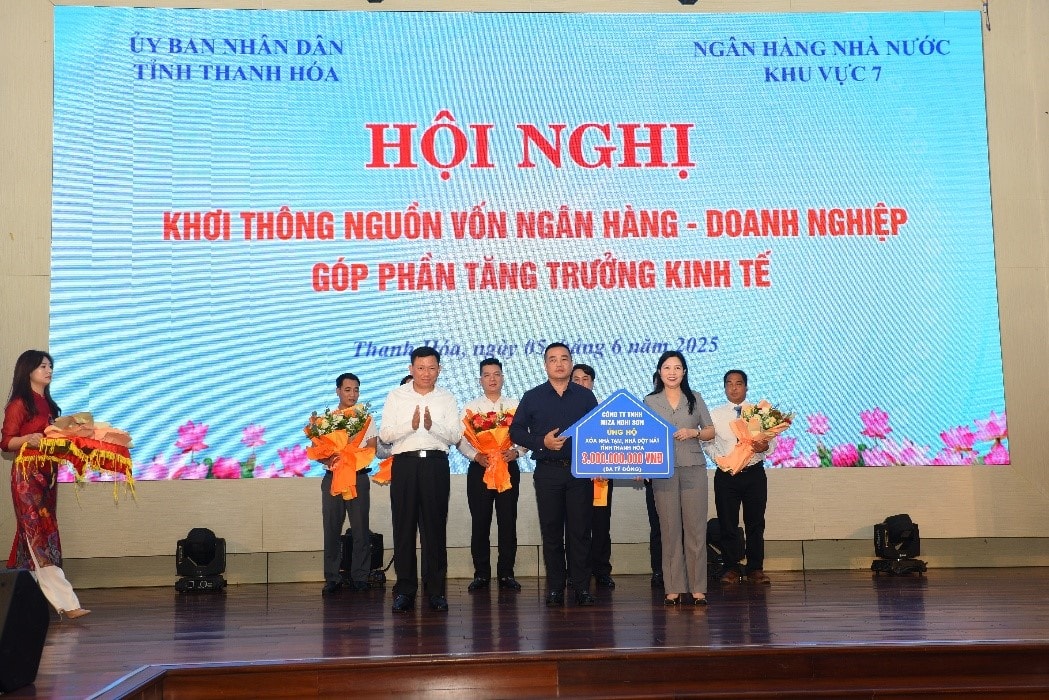
Miza Group donated 3 billion VND in response to the contest movement "The whole country joins hands to remove temporary houses and dilapidated houses" in Thanh Hoa
7/6/2025
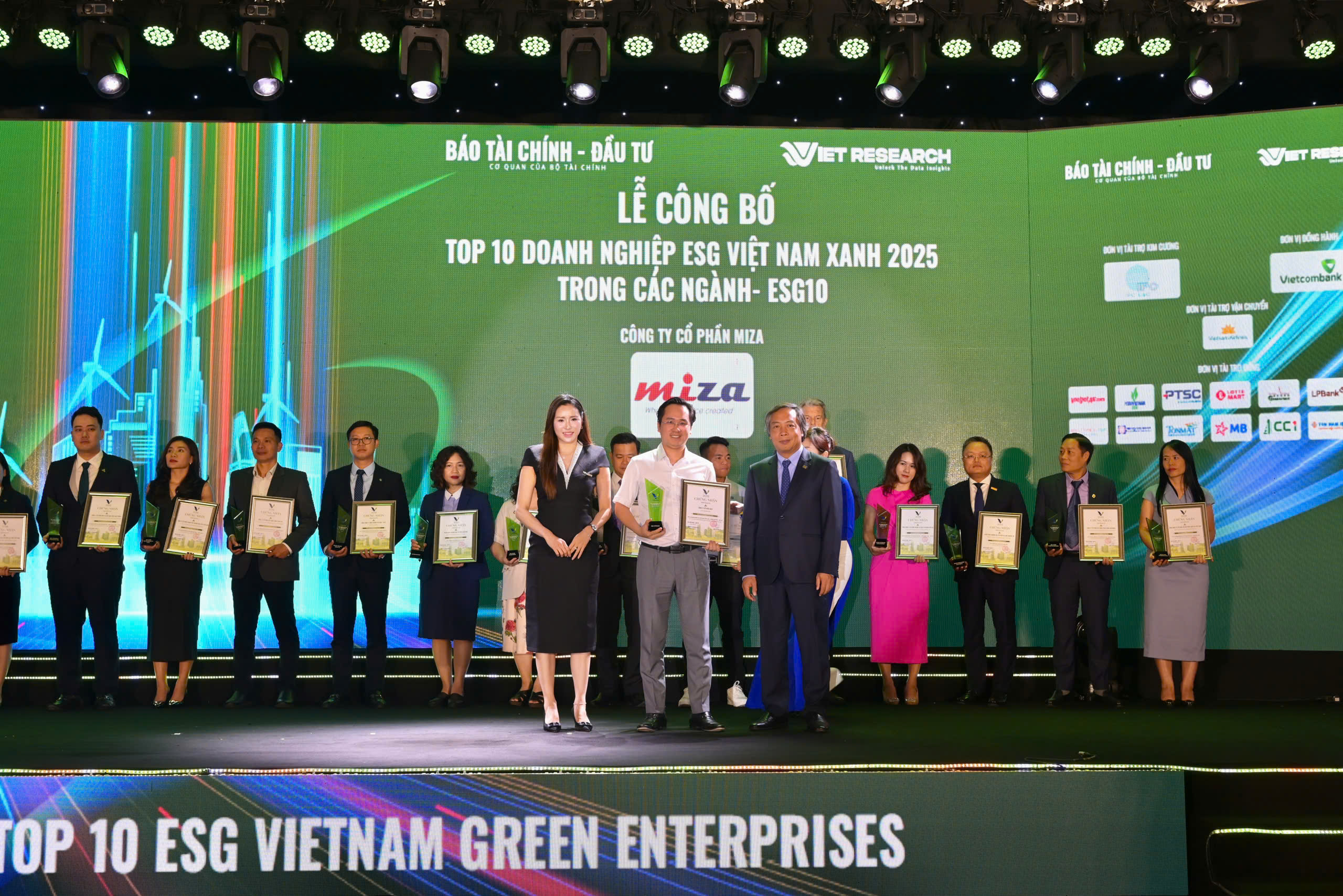
MIZA GROUP ENTERS THE TOP 10 GREEN VIETNAM ESG 2025 THANKS TO THE CIRCULAR ECONOMY DEVELOPMENT STRATEGY
27/6/2025

Miza (MZG) shares are officially listed on UPCoM
12/11/2024
